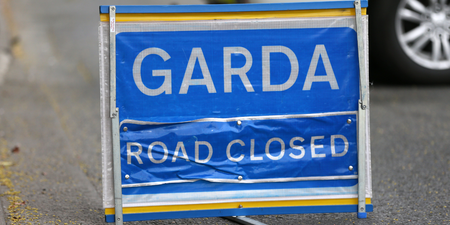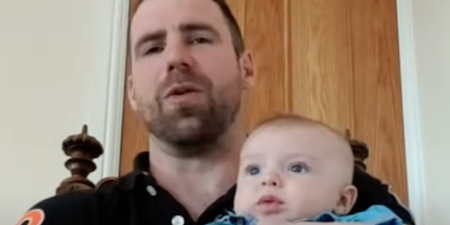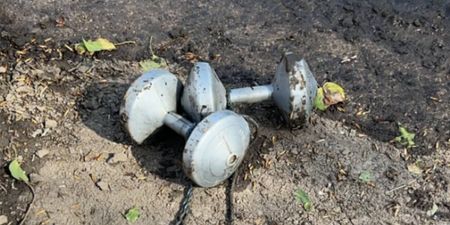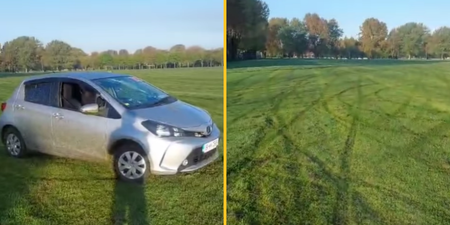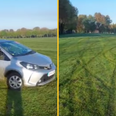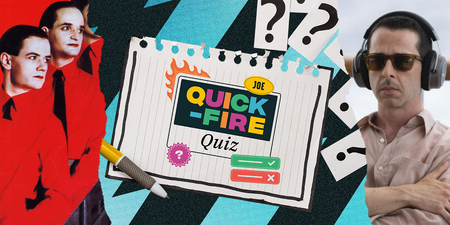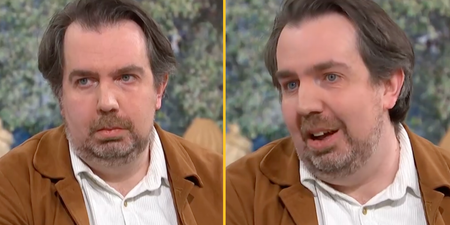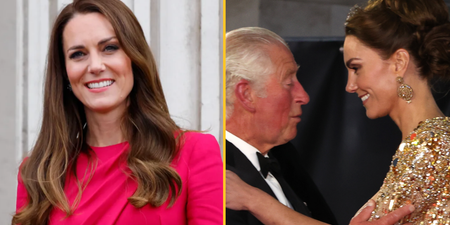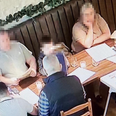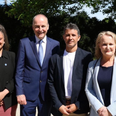The child had not received his childhood vaccinations.
The parents of a 13-month-old boy admitted to intensive care in University Hospital Galway said they were influenced by anti-vaccine material they read on social media.
The boy had not received his childhood vaccinations due to parental concerns regarding social media reports of a potential link between the MMR vaccine and autism spectrum disorder.
The parents in this case admitted they were “unduly influenced” by wholly unproven vaccine related concerns on social media and were very disappointed with themselves for putting their child’s life at risk as a result.
A report by the Health Protection Surveillance Centre (HPSC) stated that the boy was presented to the resuscitation area of UHG in significant respiratory distress.
The report noted the boy was not on any medications and had no significant past medical history.
His mother was fully vaccinated and had received the pertussis booster vaccine during pregnancy.
The child was found to be infected with a non typable H. influenzae strain and spent three days in the intensive care unit and took a 10-day course of IV ceftriaxone, which alleviated all of the symptoms.
“This case highlights the potential for a vaccine preventable disease to cause acute, life-threatening illness in an unvaccinated child,” authors of the report Dr Peter Tormey and Dr Edina Moylett wrote.
“The fact that this child was infected with a non typable H. influenzae strain is likely owing to ‘herd’ immunity attributable to the success of the Hib vaccine. The parents in this case were unduly influenced by wholly unproven vaccine related concerns on social media and were very disappointed with themselves for putting their child’s life at risk as a result.”
A research article in the journal Advances in Preventative Medicine noted previously that parents who were opposed to vaccination were more likely to use the internet for vaccine information. It stated that these parents were more likely to have lower perceptions of vaccine safety, vaccine effectiveness and disease susceptibility.
The HPSC report concluded by outlining how important it is for healthcare professionals, public health organisations, parents and the mainstream and social media seek to provide and disseminate balanced and scientific information regarding vaccines, particularly on social media, where an anti-vaccination sentiment can often prevail.
LISTEN: You Must Be Jokin’ with Aideen McQueen – Faith healers, Coolock craic and Gigging as Gaeilge












